
LATEST
NEWS
A well-informed membership makes the co-op housing movement stronger. Keep up-to-date on the latest CHF BC, and co-op housing related, goings-on by reading our latest news below. To get this news—and more— delivered directly to your inbox, subscribe to our newsletters.
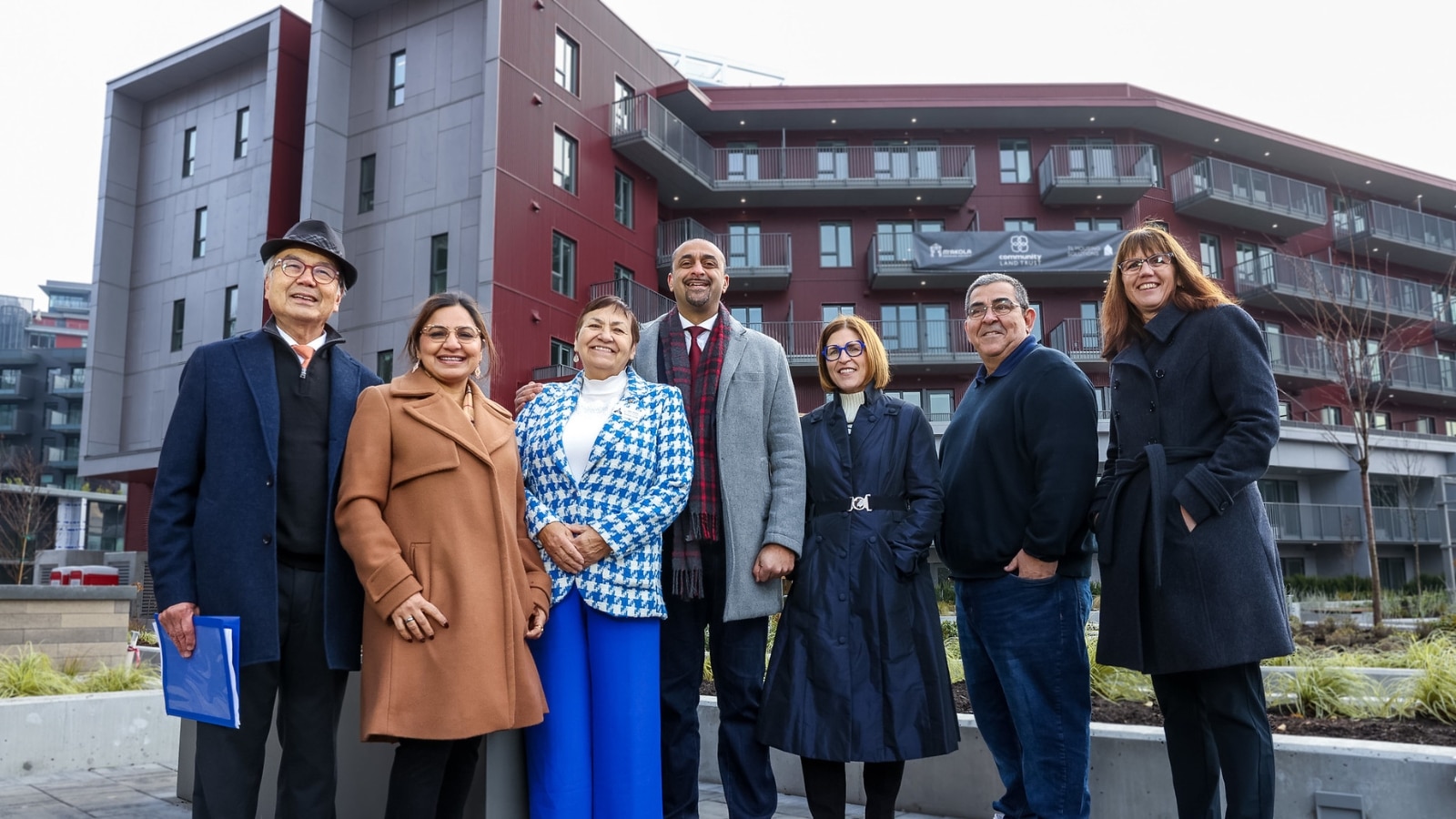
Minister of Housing and Municipal Affairs Shares Housing Update at Sawmill Co-op
As 337 more affordable rental homes open in Vancouver, new reports are showing positive signs for renters in B.C., including thousands of renters supported through the BC Rent Bank, decreases in rents and record-high rental-home construction starts. “We are starting to head in the right direction when it comes to making progress for renters,” said … Continued
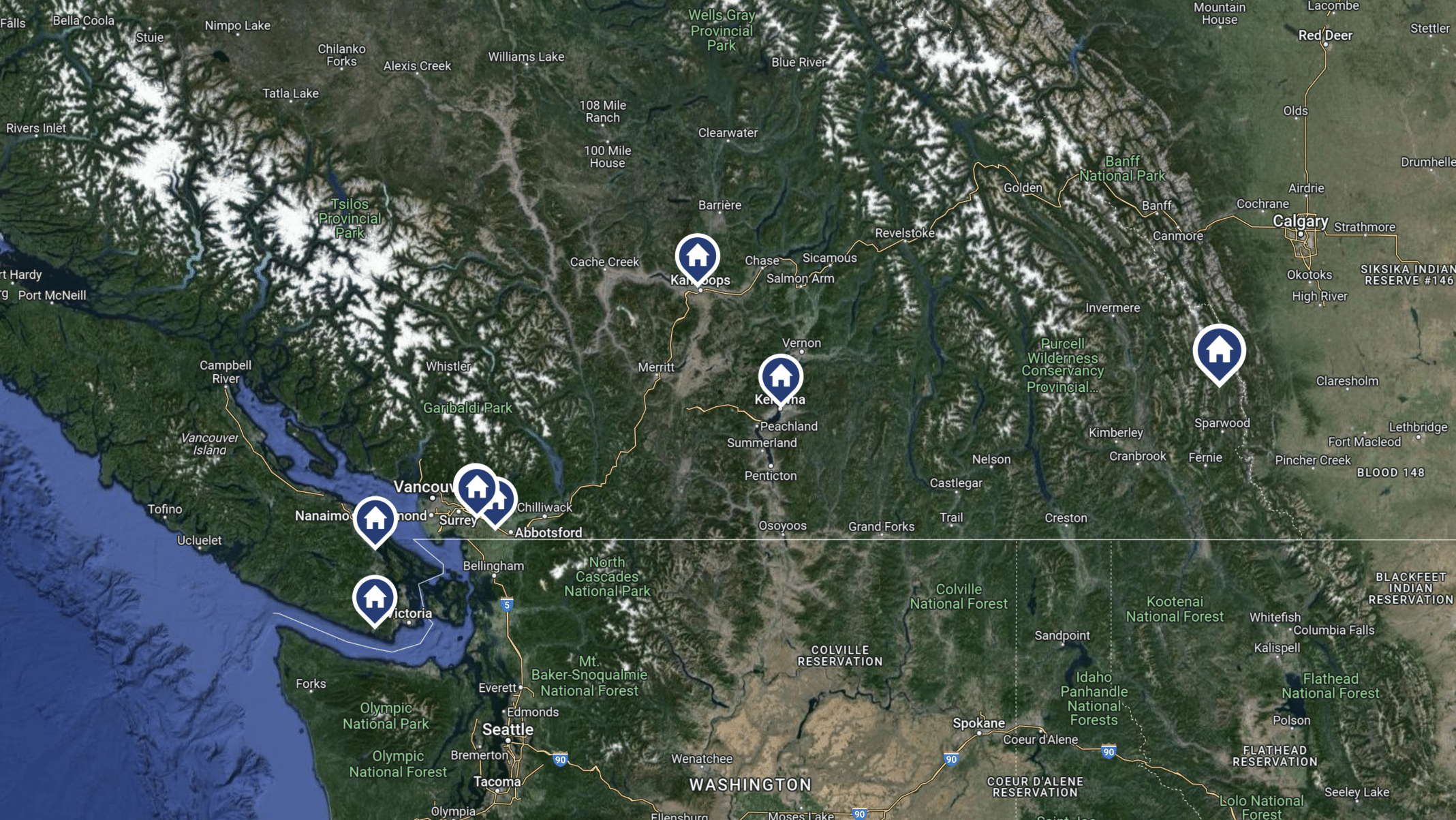
Seize the Moment: BC Builds’ Housing Development Opportunities Await
The recently announced BC Builds’ Housing Development Opportunities initiative connects zoned land with development partners to speed up timelines, and deliver more affordable homes for British Columbians.
To promote engagement, BC Builds is hosting separate information sessions for eight new parcels of underutilized, publicly owned land spanning from the Interior of B.C. to Vancouver Island.

Energy Conservation Assistance Program (ECAP) Ending: Act Now!
Since 2010, ECAP has provided opportunities for non-profit housing co-ops (and others) to save money and improve sustainability.
The program is set to end this year. If your co-op has never made use of the program—or only saw a few households participate—there’s still a chance to take part!
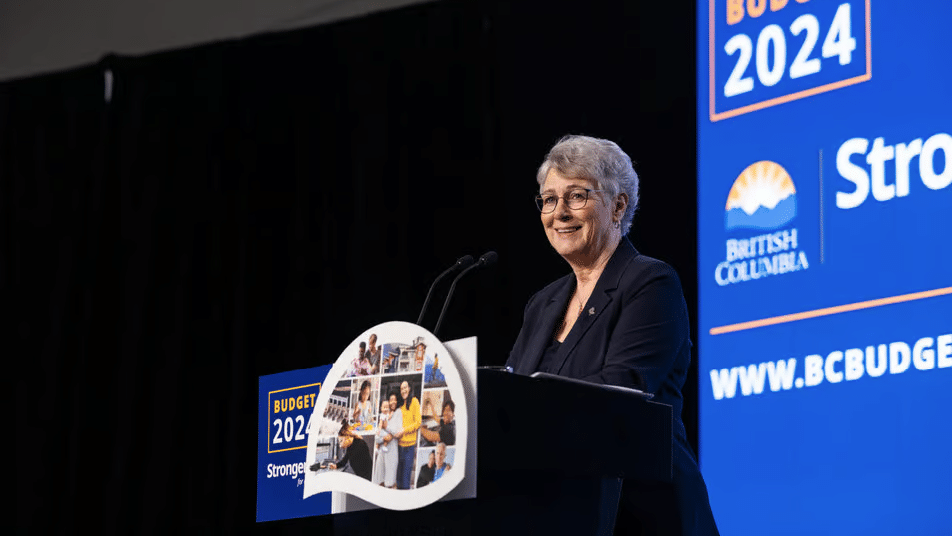
Province maintains historic commitment to affordable homes for British Columbians
BC Budget 2024 includes modest spending increases in previously announced provincial housing measures.
British Columbia continues to lead the country in housing investments to benefit low- and moderate-income households. CHF BC, CLT, and the rest of B.C.’s community housing sector is pleased to see these investments maintained and, in some cases, increased.
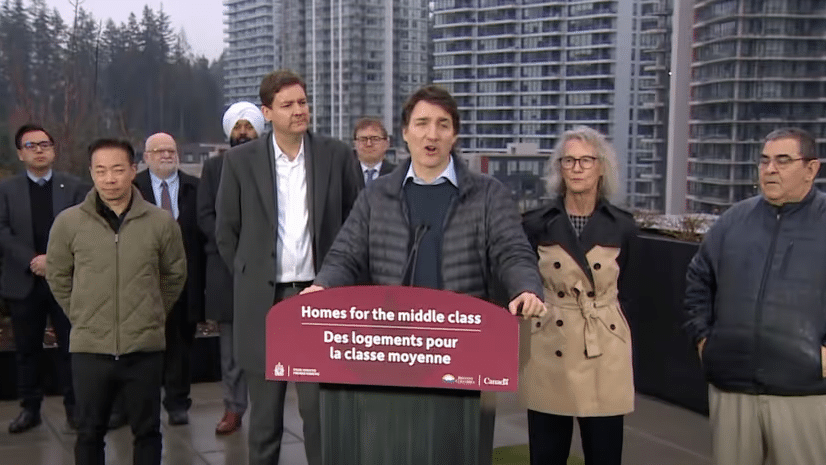
$2 Billion Federal Investment Empowers Innovative BC Builds Program
On February 20, 2024, Canadian Prime Minister Justin Trudeau announced the federal government will be adding another $2 billion in financing to BC Builds
The announcement also included BC Builds’ fourth site with 112 new co-operative homes for middle-income households in Vancouver.
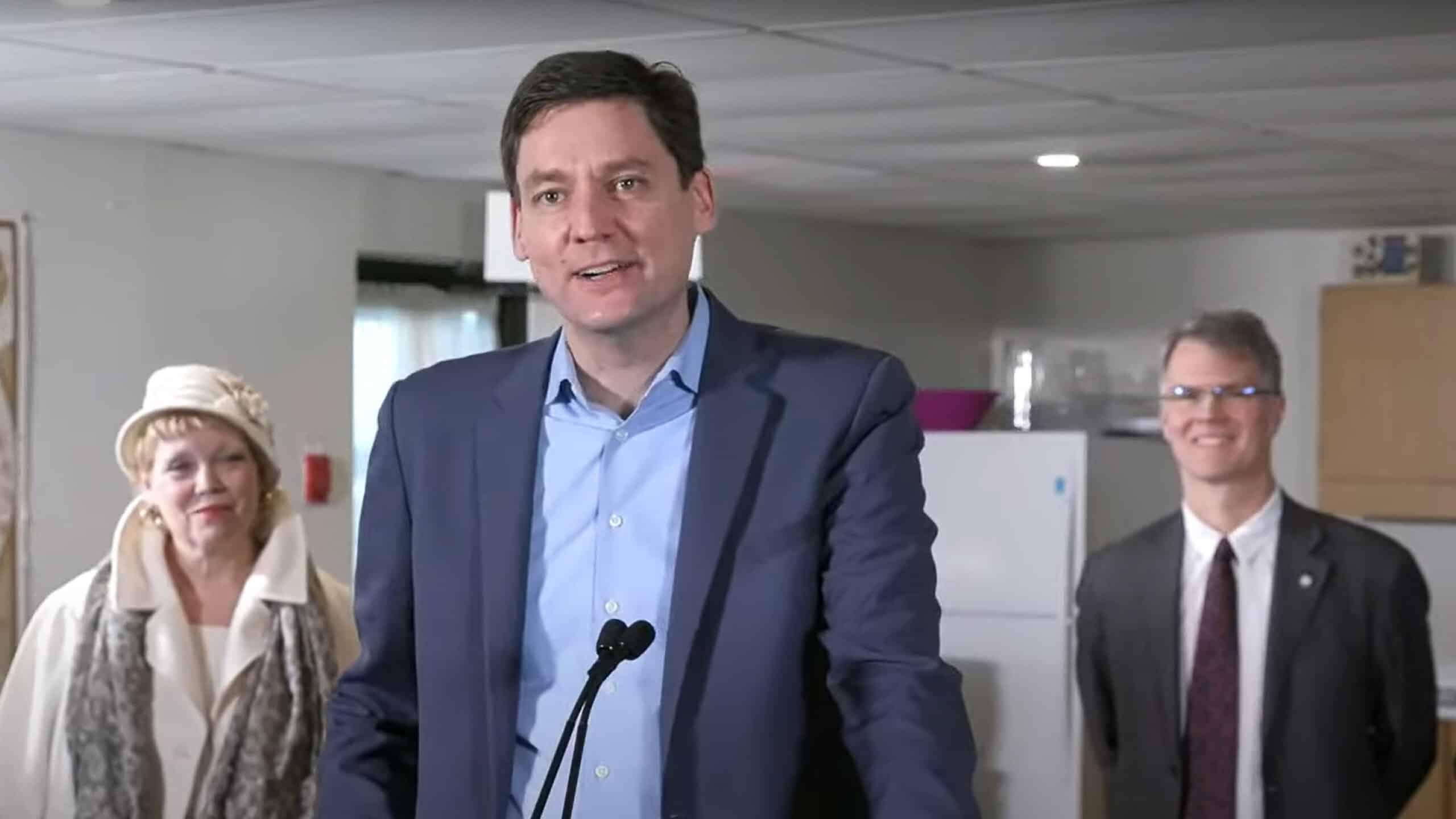
Video: B.C. Premier on the importance of co-operative housing
During his announcement of the acquisition of 2 Coquitlam housing co-operatives, B.C. Premier Eby discussed the important role that co-operative housing plays in meeting the challenges of the housing crisis.
During his remarks, he noted that co-ops are a model of housing that works. It’s stable housing, it’s affordable housing, and it’s also built-in community.
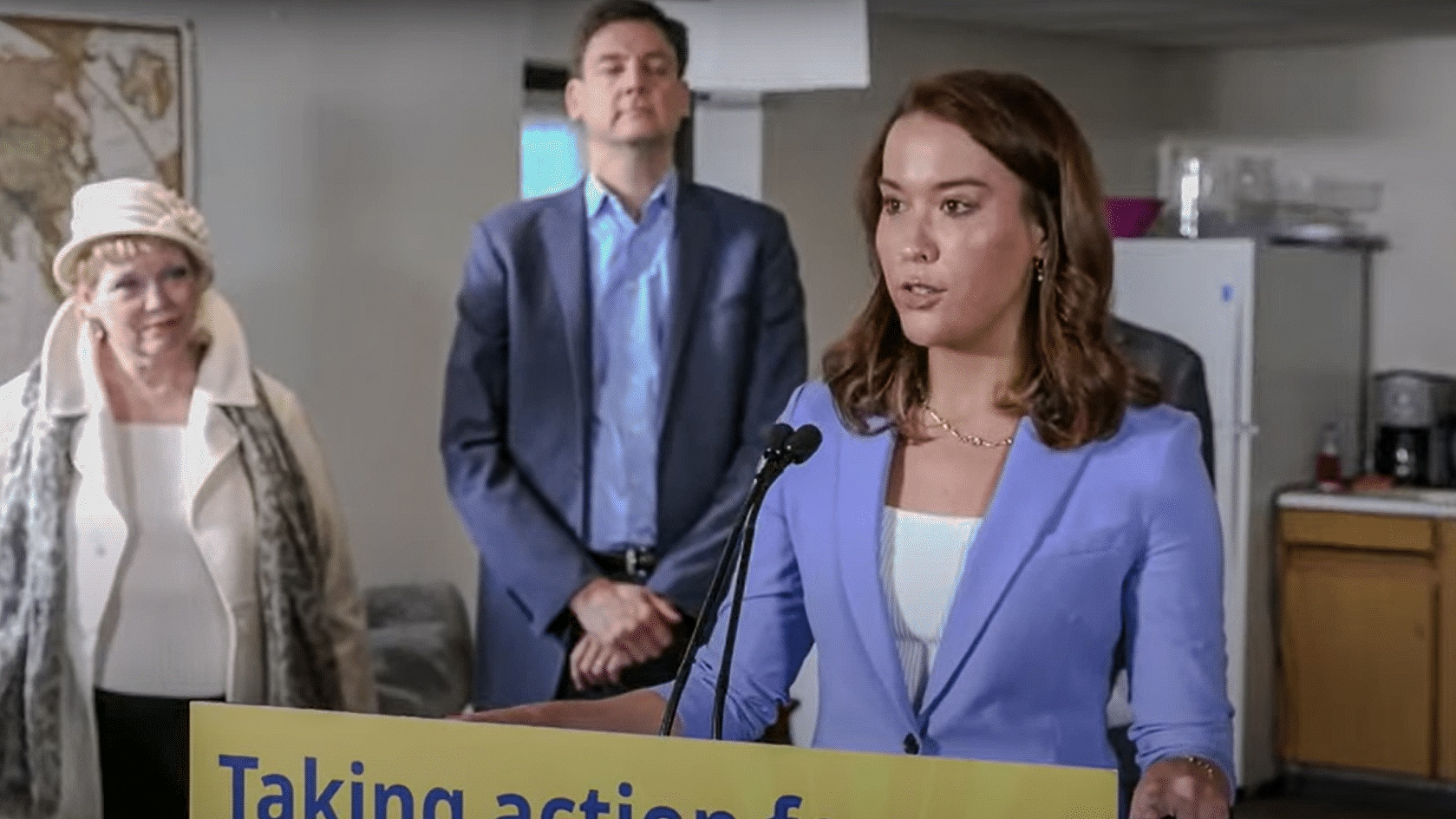
Good News! Media Coverage of the Coquitlam Co-op Acquisition
On February 8, 2024, B.C. Premier David Eby announced the historic acquisition of two Coquitlam housing co-operatives by the Community Land Trust. It was the first investment of the recently created Rental Protection Fund (RPF).
Check out the video of the announcement, as well as links to some media coverage.

A Significant Victory for Co‑operative Housing in Coquitlam
Coquitlam is celebrating the acquisition and preservation of 290 co-op homes by the Community Land Trust. This was made possible through a contribution from the Rental Protection Fund (RPF).
This is a significant milestone for co-operative housing in B.C., It marks a crucial step forward in protecting housing security for co-op members in B.C.’s daunting housing landscape.
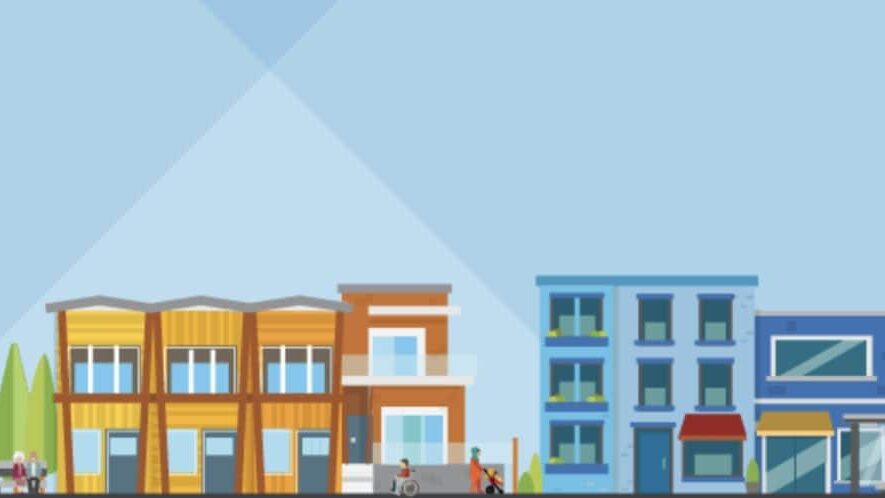
VIDEO: BC Community Housing Fund (CHF) 2023 Webinar
This video offers a detailed overview of the Community Housing Fund and a step-by-step guide on eligibility, program requirements and how to apply.
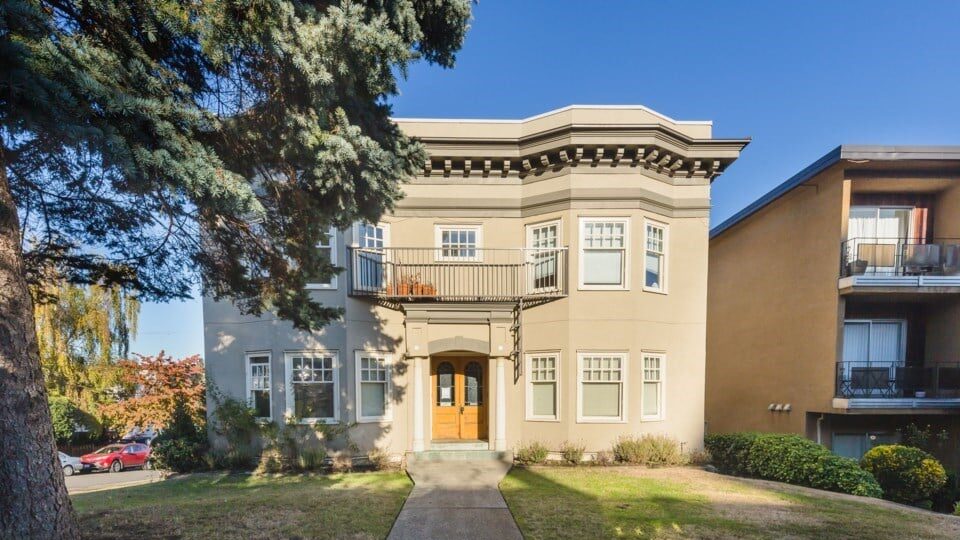
BC opens $500M Rental Protection Fund
A $500-million rental-protection fund that will help non-profit groups purchase rental buildings has opened in British Columbia.
The fund aims to help First Nations and other non-profit groups buy older “affordable” rental buildings to preserve them as low-cost rental housing.

Housing Central’s B.C. Budget 2024 Submission
On June 16, 2023, BC Non-Profit Housing Association, the Co-operative Housing Federation of BC, and the Aboriginal Housing Management Association submitted our Budget 2024 consultation paper.
Taken together, our proposals will ensure that British Columbians have increased access to affordable housing and that their housing is affordable, safe, and in a livable state of repair.

Join BC Housing’s Accessibility Advisory Committee
Do you have lived or professional experience with disability, poverty, and social housing?
BC Housing is creating an External Accessibility Advisory Committee made up of people with diverse backgrounds who have lived and/or professional expertise with disability, poverty, and social housing.